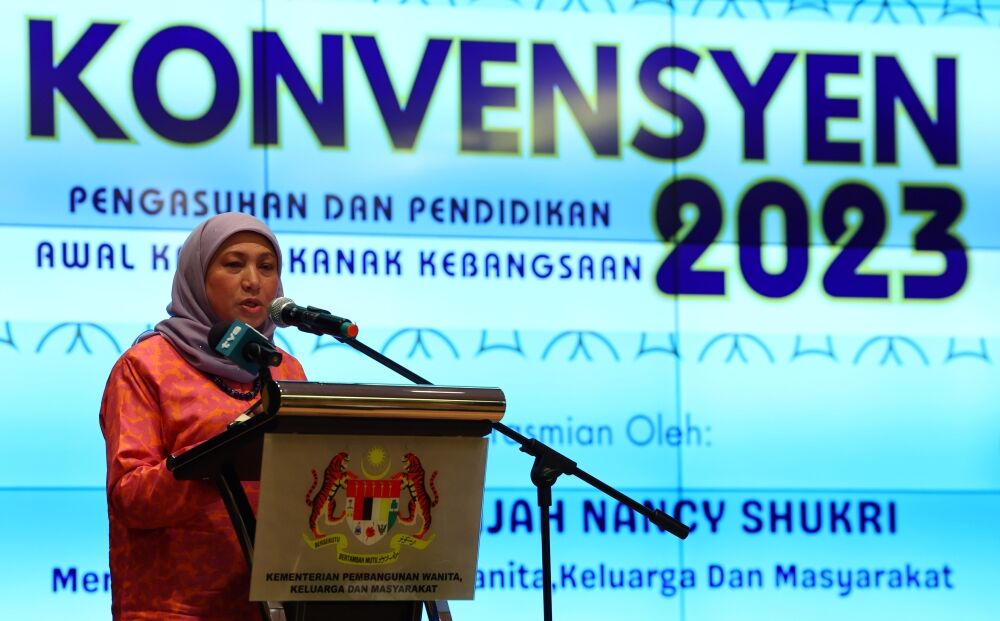Malaysia to launch nationwide babysitter database for parents

The Women, Family and Community Development Ministry (KPWKM) in Malaysia has announced plans to create a database of registered babysitters to help parents make informed decisions when selecting childcare providers. Currently, there is no centralised platform for parents to access information about daycare centres and registered babysitters.
Datuk Seri Nancy Shukri, the minister of KPWKM, acknowledged that parents often rely on word of mouth when choosing a childcare provider. “These parents want to know where the daycare is and who is running it,” she said. The database is still in the planning stage, with no specific timeline for completion.
In addition to the database, the ministry will hold 105 engagement sessions with local authorities nationwide this year to facilitate the registration process for babysitters interested in operating nurseries. Nancy Shukri revealed that she often receives complaints from entrepreneurs who face bureaucratic and technical challenges when trying to register their nurseries with local authorities.
She plans to discuss these issues with the Local Government Development Minister Nga Kor Ming, aiming to streamline the registration process without compromising safety standards. At the ministry level, it takes 30 days to approve a nursery registration, but operators must first meet safety conditions set by local authorities.
“Conditions that must be met are the location of the nursery, such as the distance from the main road, nursery must not be more than one-storey, and there is a need for a security door. These conditions are a challenge for nursery operators when registering (their premises),” Nancy Shukri explained.
As of December last year, a total of 1,080 nurseries were not registered with the Social Welfare Department (JKM). The creation of a centralised database and improvements to the registration process will help ensure that parents have access to accurate information about childcare providers and that nurseries meet necessary safety standards.
Latest Thailand News
Follow The Thaiger on Google News:


























